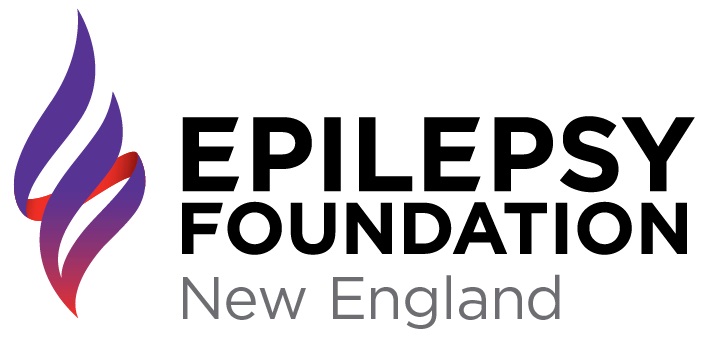Types Of Seizures
Focal Onset Aware Seizures
One of the ways we describe or classify focal seizures is to consider a person’s level of awareness. If a person has experiences no loss of awareness of their surroundings during the seizure, that is referred to as a focal aware seizures (previously referred to as a simple partial seizure).
Who is at risk for Focal Onset Aware seizures?
Anybody can get them. They may be more likely in people who have had a head injury, brain infection, stroke, or brain tumor but most of the time the cause is unknown.
What is it like to have a Focal Onset Aware seizure?
When people have focal onset aware seizures, they are fully awake, alert and able to interact throughout the seizure. Overall, these seizures are brief lasting less than 2 minutes.
Medical disorders such as, stomach disorders or a pinched nerve can cause some similar symptoms. Hallucinations can accompany psychiatric illness or the use of certain drugs. And some symptoms (such as déja vu) are experienced by almost everyone at some time. Whether the symptoms represent simple partial seizures depends on how often they occur and whether they are associated with other episodic changes or other seizure types.
What happens after a Focal Onset Aware seizure?
When a focal onset aware seizure ends, the person more often than not simply continues doing whatever they were doing before it started. If the focal onset aware seizure is an aura (a warning) a stronger seizure with loss of consciousness, a focal impaired awareness seizure may follow. No first aid is needed for a focal onset aware seizure
If someone has Focal Onset Aware seizures, how often will they occur?
It depends. Some people may have just one seizure and others may have several.
How can I tell if someone is having a Focal Onset Aware seizure?
Because the person is fully alert and able to interact, someone may not be able to tell when a person is having a focal onset aware seizure unless the person tells them.
How are Focal Onset Aware seizures diagnosed?
A complete medical history and physical examination can help to rule out other possible causes of the symptoms and assess the likelihood of epilepsy. Although EEGs are also helpful they may not always show an abnormality during a focal aware seizure.
How are Focal Onset Aware seizures treated?
There are several medicines, a device (Vagus nerve stimulator), surgery and diet that can help prevent further focal onset aware seizures from occurring.
What should I do if I think my child, loved one, or myself may have Focal Onset Aware seizures?
If you think that you, your child or loved one may have focal onset aware seizures, it is important to let your doctor know right away. Seek help to get an accurate diagnosis and treatment plan.

The Epilepsy Foundation New England is here to serve and assist the epilepsy community. We partner with the Epilepsy Foundation of America to provide access to information, resources, and support for our constituents.
